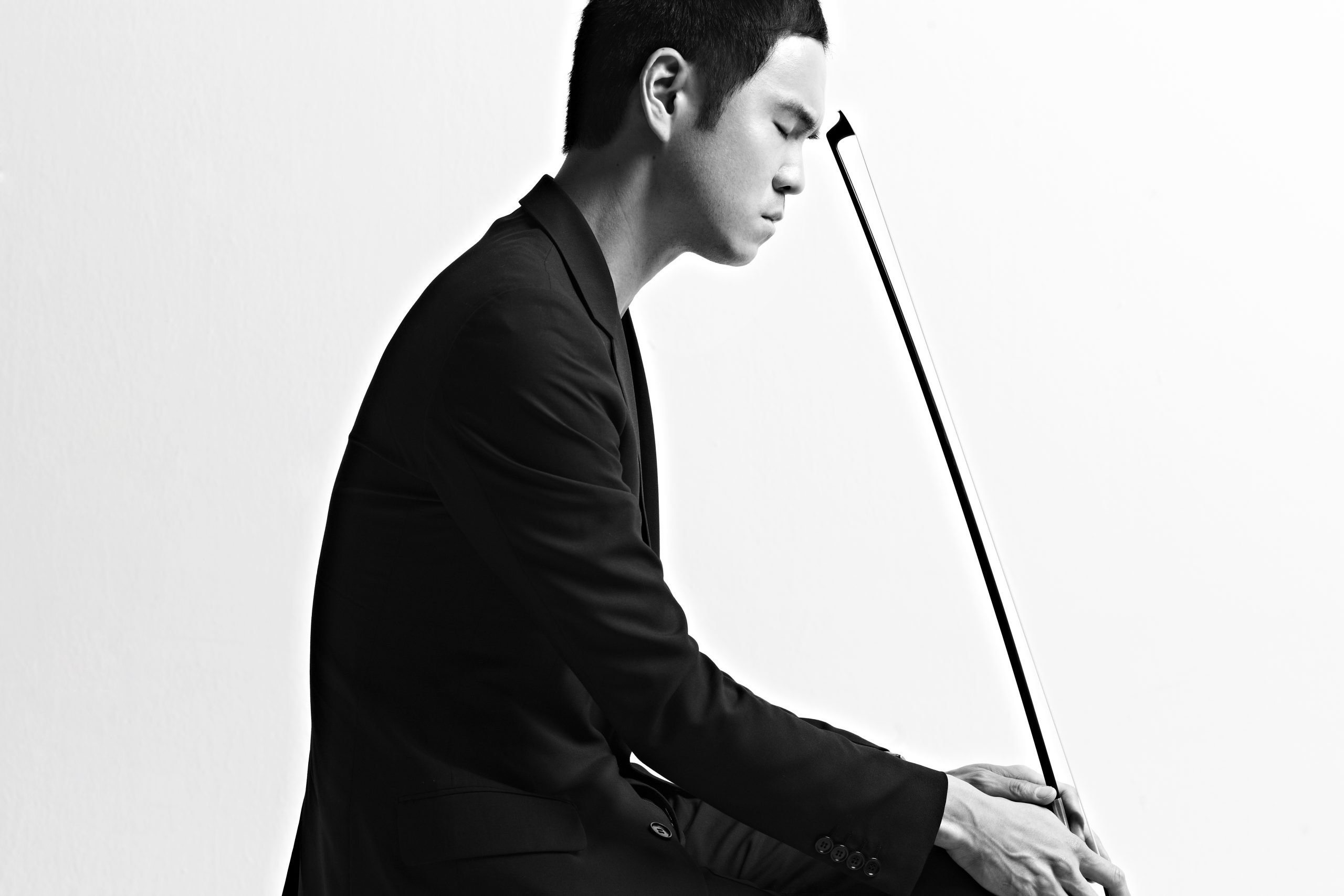
Richard O’Neill moved from southern California to join CU Boulder’s resident Takács Quartet as its new violist in June 2020. Arriving when he did, with travel limited by the pandemic, allowed him to acclimate to the local environment and culture he would soon come to love.
“If I was having a dark moment, I could look at a peak and go for a run,” he says. “And I love the ethos of the population here.”
His first concerts with the quartet were virtual, an engagement effort O’Neill greatly appreciated at the time, but now he is taking advantage of all opportunities to perform live for Boulder audiences. His appearance at the March 2 season finale for the Boulder Chamber Orchestra (BCO) at the Boulder Seventh-day Adventist Church will be his third solo performance with a local orchestra.
O’Neill will play two works for viola and string orchestra, including the first known solo concerto for the instrument, written by baroque composer Georg Philipp Telemann around 1720. Telemann was among the most prolific composers in music history, and he wrote about 125 concertos. Because of its historical and musical value, the G-major work for viola is one of his best-known compositions.
“Telemann provides great contrasts and allows the performer a lot of freedom, and it is a wonderful piece,” O’Neill says. Instead of the standard three-movement concerto form, it follows the baroque “church-sonata” pattern of four movements in slow-fast-slow-fast order.
O’Neill says this was an important moment for the instrument. The Telemann concerto is roughly contemporary with J.S. Bach’s immortal Brandenburg Concertos, the sixth of which highlights a pair of solo violas.
The short length of the pieces on the BCO concert allows O’Neill to perform a second work from about 260 years later, Le Grand Tango by Argentine tango master Astor Piazzolla, composed in 1982. “I wanted to give a short overview of what the viola can do,” O’Neill says.
The piece was originally composed for cello and piano. O’Neill plays it in an arrangement augmented by the string orchestra and says it doesn’t require much adjustment to play on the viola.
“He wrote it pretty high for the cello,” he says. “So a lot of it already lies in the center-middle range of the viola without any transposition.”
BCO music director Bahman Saless says O’Neill was an inspired choice to end the season, noting his 2021 Grammy Award win for Best Classical Instrumental Solo. “He won it on his own, outside of the quartet,” Saless says, referencing the Takács’ own Grammy nominations and 2002 win.

Bucket-list Beethoven
The string-only concert closes with an arrangement of Beethoven’s Grosse Fuge (Great Fugue), a piece originally written as a finale for his late String Quartet in B-flat in 1826. The massive composition overwhelmed the other movements and baffled the audience. Beethoven would write a new finale for the quartet and split off the fugue as its own one-movement piece for string quartet.
“The Grosse Fuge has been one of my obsessions since college,” Saless says. “It is so prophetic, like a time capsule revealing the next 200 years of music-making, and providing formulas for much later composers like Stravinsky.”
In fact, it was a remark by Stravinsky, who said the piece would always be a modern work of art, that spoke most to Saless.
“Beethoven never felt like he could live up to Bach and did not write a fugue like Bach would have done, but he created something entirely new,” Saless says. “It can be a tough nut to crack if you don’t know what’s going on — but once you break it down, it is amazing.”
The fugue is fiendishly difficult for a string quartet with one player to a part, but expanding it to a full string orchestra, with multiple players on single lines, adds another level.
“I was hesitant, but I know that our string section is good enough,” Saless says. “This is a bucket-list performance for me.”
The concert opens with Valse triste by Czech composer and conductor Oskar Nedbal, published in 1907 as part of a ballet score, which has become a popular encore for the Czech Philharmonic.
“I fell in love with it when I heard it,” says Saless, who has connections to the Czech Republic. “I found the score and parts in an obscure music store in Prague. I like introducing things that probably nobody in the audience has heard.”
ON THE BILL: Boulder Chamber Orchestra with Takács Quartet violist Richard O’Neill. 7:30 p.m. Saturday, March 2, Boulder Seventh-day Adventist Church, 345 Mapleton Ave. Tickets here.
